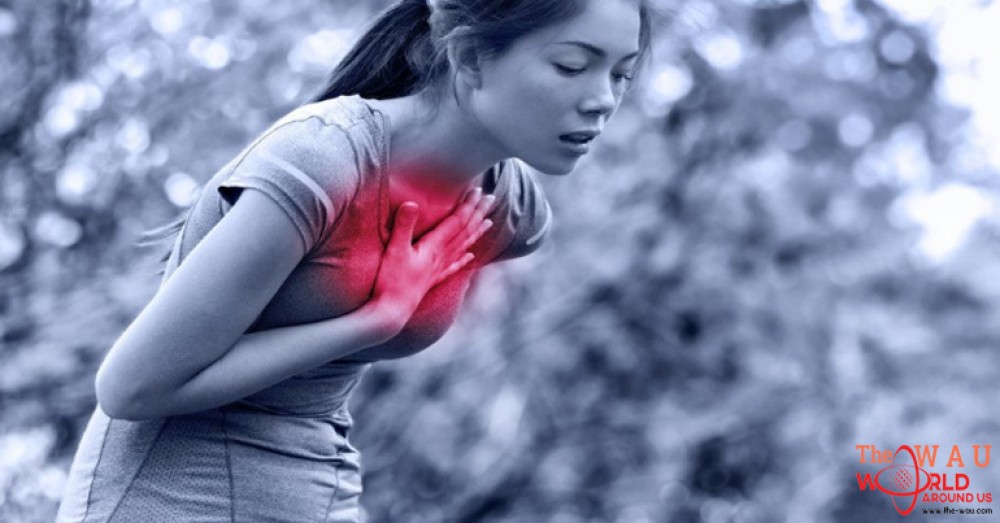“Water regulates your body temperature and lubricates your joints. It helps transport nutrients to give you energy and keep you healthy. If you’re not hydrated, your body can’t perform at its highest level. You may feel tired, have muscle cramps, dizziness, or other serious symptoms.” – American Academy of Family Physicians (source)
WE’RE MOSTLY WATER…
As you may know, your body is made up of 60 percent water. To help put this number in perspective, let’s consider the average weight of men and women over the age of 20.
Per the Centers for Disease Control and Prevention (CDC), the average male over the age of 20 weighs about 195 pounds (88.5 kg), and the average woman over the age of 20 weighs approximately 168 pounds (76.2 kg). So, the average “water weight” of a man is 117 pounds (53 kg), and the average for a woman is 101 pounds (45.8 kg).
The real and purported functions of water are numerous. Among the most important:
- Regulation of core body temperature
- Protection of the joints, neurological system, and tissues
- Removal of toxins and waste
- Control of digestion
- Nourishment of cells and other bodies
Here’s something worth pondering: a person, depending on their fat accumulation, can survive between 30 to 40 days without food – but only a week to 10 days without water.
EXERCISE AND PROPER HYDRATION
Our body mainly loses water through perspiration (sweating), defecation (pooping), urination (peeing), and exhalation (breathing out.) Other ways we lose H2O include diet, medications, stress, and variations in temperature.
When we work out, our body temperature rises, and we sweat. (Sweat actually “wicks away” heat, allowing us to exert ourselves physically without overheating.) While exercise may, to a certain extent, affect the other systems that contribute to water loss, the dramatic increase in sweat production is probably the most significant factor.
On the above note, it is critical (literally) to consume water before, during, and after working out. If we do not get adequate hydration, for whatever reason, serious health problems may surface.
HERE ARE 10 THINGS THAT MAY HAPPEN TO YOUR BODY WHEN YOU DON’T DRINK ENOUGH WATER DURING A WORK OUT:
1. YOU LOSE FOCUS
Your brain demands adequate hydration to function properly. Due to its intricate balance of chemicals and substances, dehydration of the brain inhibits the activity of neurotransmitters, which can impair short-term memory and hinder concentration and attention.
2. YOU SWELL UP
While low water intake and swelling may sound contradictory, it isn’t. If the body detects any type of fluid imbalance, a condition called edema may result. Edema causes fluid to accumulate in the skin and tissues, producing a swollen appearance.
3. YOUR HEART ACTS WONKY
Water intake is necessary for the proper constriction and expansion of blood vessels. A shortage causes blood to thicken, thereby constricting blood vessels. Vessels then become narrower, which puts more pressure on the heart. This may lead to shortness of breath and high blood pressure.
4. YOU GET ACHES AND PAINS
Speaking of constriction and expansion, our muscles require the same. Water is the catalyst here as well. Cramping is often the body’s way of telling you to get some water.
5. YOUR WORKOUT IS AFFECTED
Water is essential to produce energy. The body expends this energy very quickly during periods of physical exertion. This physical relationship helps to explain why consuming H2O during a workout is also essential.
...[ Continue to next page ]
Share This Post















